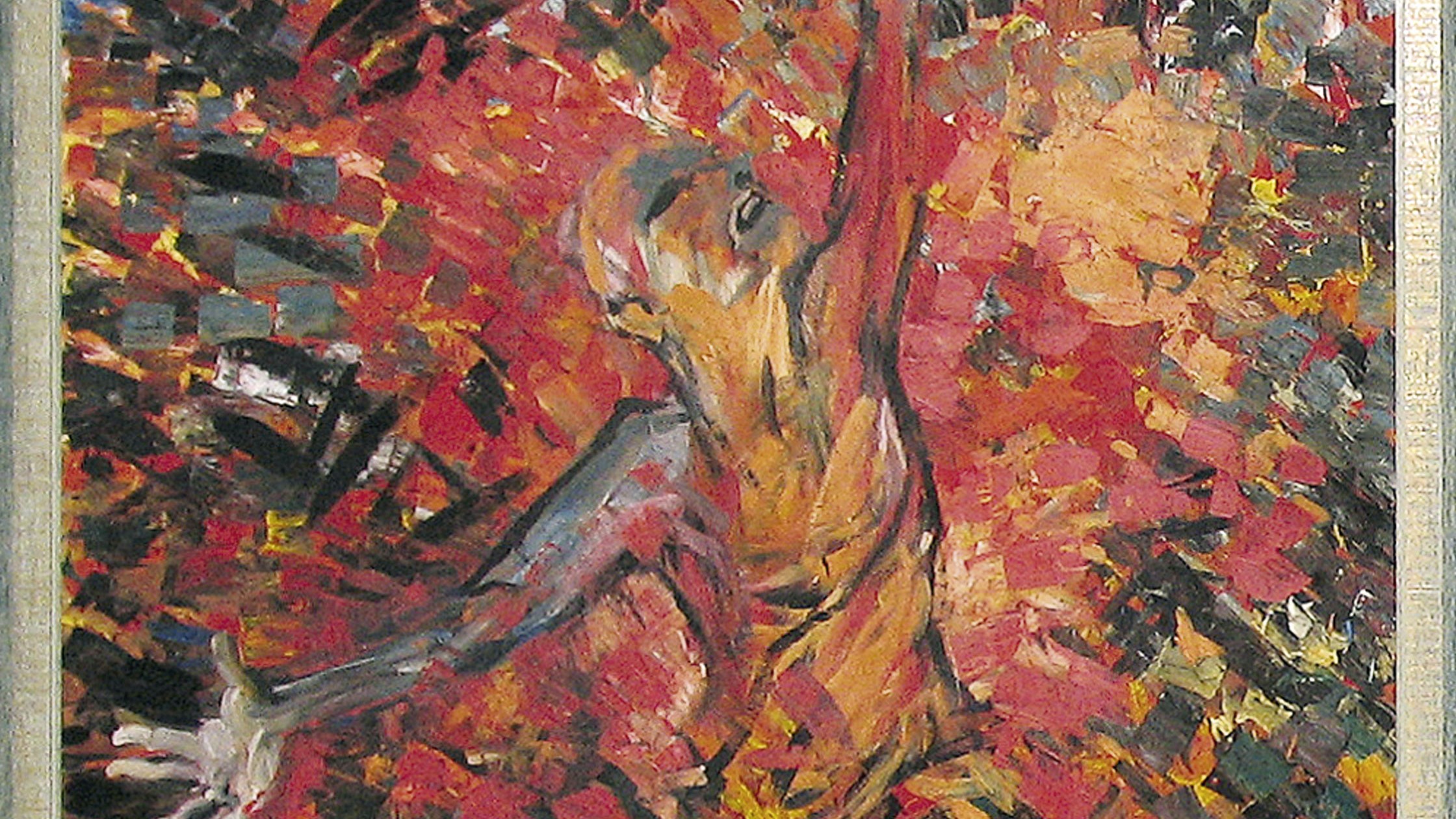
Isaiah 50:4-9a
Lent A19, Palm/Passion Sunday
4 The LordA GodB has given me
the tongue of a teacher,C
that I may knowD how to sustainE
the weary with a word.F
Morning by morning he wakens—
wakens my ear
to listenG as those who are taught.H
5 The Lord God has openedI my ear,
and I was not rebellious,J
I did not turnK backward.
6 I gave my backL to those who struckM me,
and my cheeks to those who pulled out the beard;
I did not hideN my face
from insultO and spitting.
7 The Lord God helpsP me;
therefore I have not been disgraced;Q
therefore I have set my face like flint,
and I know that I shall not be put to shame;R
8 he who vindicatesS me is near.
Who will contendT with me?
Let us stand upU together.
Who are my adversaries?V
Let them confront me.
9 W It is the Lord God who helps me;
who will declare me guilty?X
YAll of them will wear out like a garment;
the moth will eat them up.
Image Credit: “Job – Out of the Depths I Call to You” by Andreas Neumann-Nochten.
